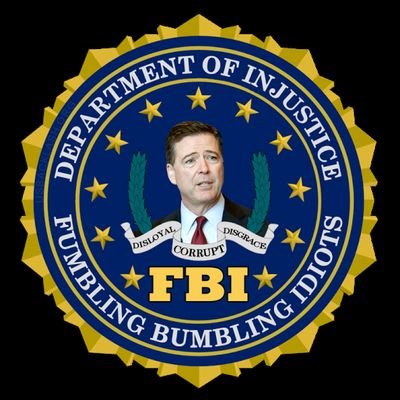FBI and South Carolina Cops, Firefighters, Medics Train for Expected Civil Unrest
Featured photograph: FBI HRT agents, responding to an alleged terrorist attack in South Carolina, land and deploy from an FBI Black Hawk helicopter

Protecting the United States from terrorist attacks is the FBI’s number one priority. The Bureau employs a variety of disciplines and works closely with a wide range of partners to neutralize terrorist cells and operatives here in the U.S., help dismantle extremist networks worldwide, and cut off financing and other forms of support provided to foreign terrorist organizations by terrorist sympathizers.
What many criminologists, military strategists and intelligence analysts are studying today is the phenomenon of a coalition of far-left politicians, radical activists, Islamic Jihadists, and organized crime under the guise of a protective and caring political party: The Democratic Party.
Although in today’s Washington, D.C., many American citizens are finding it harder and harder to trust what’s become the modern FBI, it is still the world’s best equipped and best trained law enforcement agency. The actions of top-echelon FBI and federal officials in politicizing the bureau has created a disturbing amount of suspicion by local cops who may be called on to cooperate strategically and tactically with the agents of the FBI.
The FBI also deploys its Hostage Rescue Teams to work with state and local police in planning and training for a number of scenarios. For example, recently a caller to the FBI tip line reported seeing a man throwing a backpack off the Ravenel Bridge, which connects Charleston to Mt. Pleasant in coastal South Carolina.
FBI special agents and intelligence analysts, working with local law enforcement, gathered evidence that led them to believe the person seen dumping the bag was affiliated with a local militia group with a violent history. The signs indicated the group, once thought to be dormant after the arrest of its leader, was organizing again.

Confronted with this emerging domestic terrorism threat from a group whose members have exhaustive knowledge of the area’s waterways, the FBI Columbia Field Office’s Joint Terrorism Task Force requested support from the FBI’s Hostage Rescue Team and the unique resources and skills of its mobility operators.
HRT, a selective and specially trained unit within the Bureau, is called in to support the field with complex tactical situations. The Mobility Team within HRT is charged with delivering the people and equipment needed to execute any operation in any location under any conditions. HRT also has a team of tactical bomb technicians who are trained to handle explosive devices under tense and time-sensitive conditions.
As three HRT helicopters took off from Quantico, Virginia, and HRT mobility operators drove south with two riverine boats in tow, they received word that a bag washed ashore on Laurel Island in the Charleston Harbor. Charleston Police believed it was the same bag that was thrown off the bridge and that it likely contained explosive materials.
So began a three-day exercise that tested and honed the skills of HRT’s tactical special agent bomb technician and mobility operator trainees in a land, water, and air-based training operation involving a dozen state and local agencies. The training also supported the efforts of the FBI’s Maritime Liaison Program, which works with local and state agencies to enhance the security of the maritime environment.
“The goal was to build a realistic scenario to exercise a range of techniques,” said a former HRT mobility team member who is now a special agent with the FBI’s Columbia Field Office and serves as one of the division’s maritime liaison agents. By involving a large number of local first responders, he said an exercise of this type builds strong relationships and creates greater trust.
“The local agencies gain a better understanding of the FBI’s capabilities and special equipment,” the agent explained. “The HRT trainees see how incredibly important it is to seek out the local expertise and collaborate with regional and state partners.”
“No matter what your abilities are, you can become overwhelmed by the scope of the task,” said Lt. Michael Knox, SWAT commander with the Charleston County Sheriff’s Office, of the need to work and train with partner agencies. “We know we have the ability to make one or two phone calls and line up these kinds of resources. That’s huge for me as a commander.”
Sergeant Eric Light, SWAT team leader with the Charleston Police Department, stressed the importance of training together and coordinating before a critical incident occurs. The Charleston area is popular with tourists, has one of the busiest ports in the nation, and is home to major military facilities. “Law enforcement has to be ready for anything,” he said.
Over the next 60 hours, the HRT trainees fast-roped out of a Black Hawk helicopter to gather evidence on a remote island and conducted a hoist operation to lift firefighters from a moving craft. They rescued an injured boater, ran night surveillance operations and a daytime reconnaissance mission, and provided tactical maritime delivery of FBI and local SWAT teams. They freed a hostage who had been strapped into an explosive vest. Finally, after searching a waterfront property and defusing the improvised explosive devices left in their path, they arrested two suspects.
The scenarios were all manufactured, but the experience gained was real.


